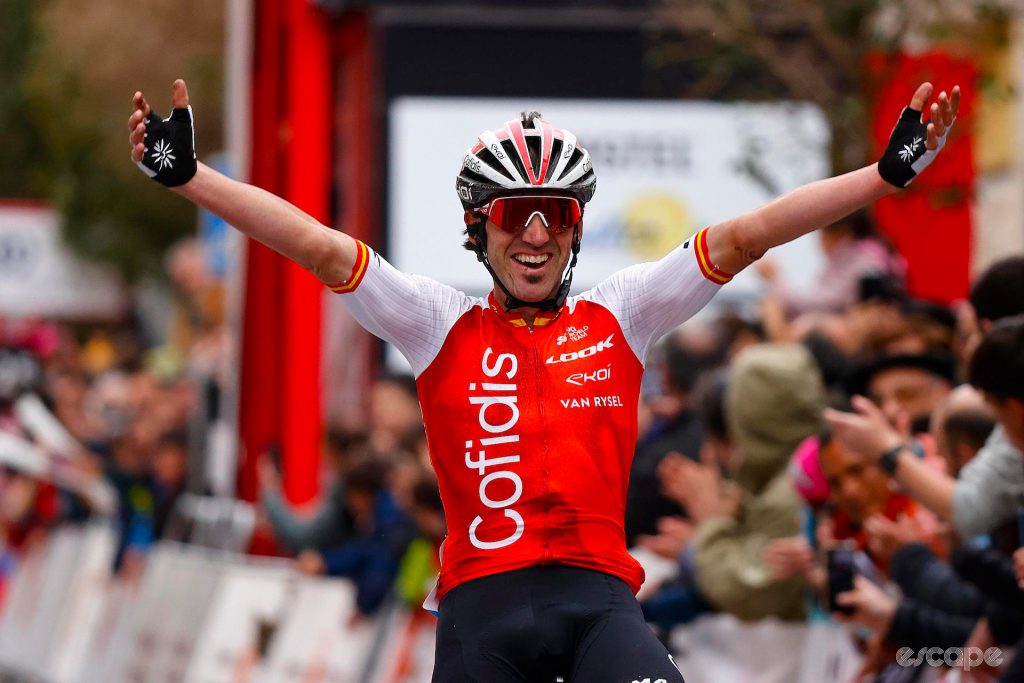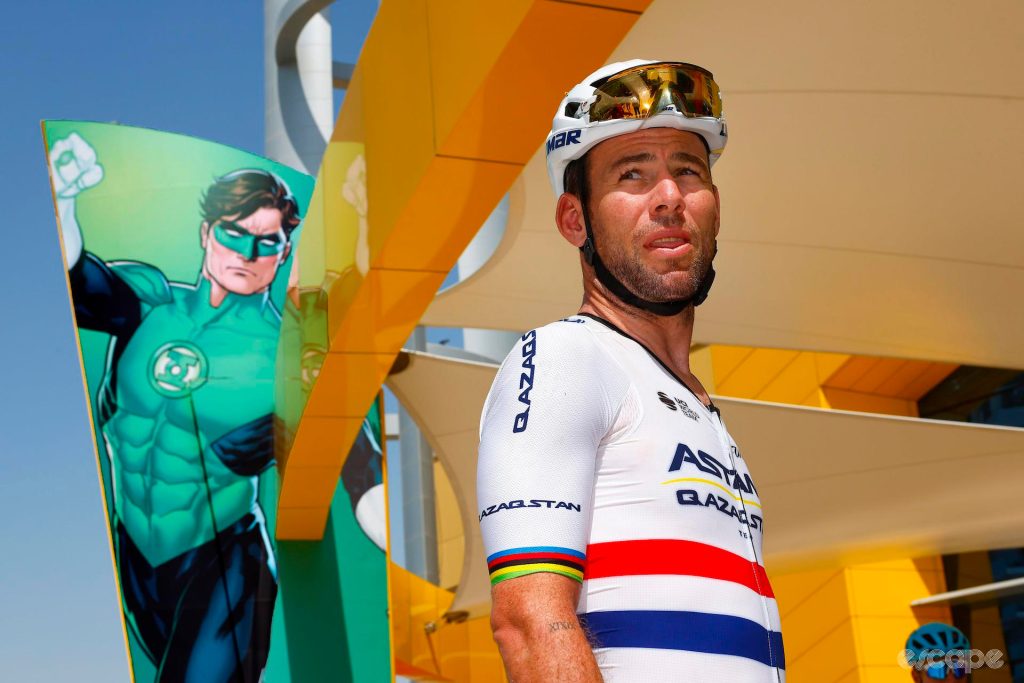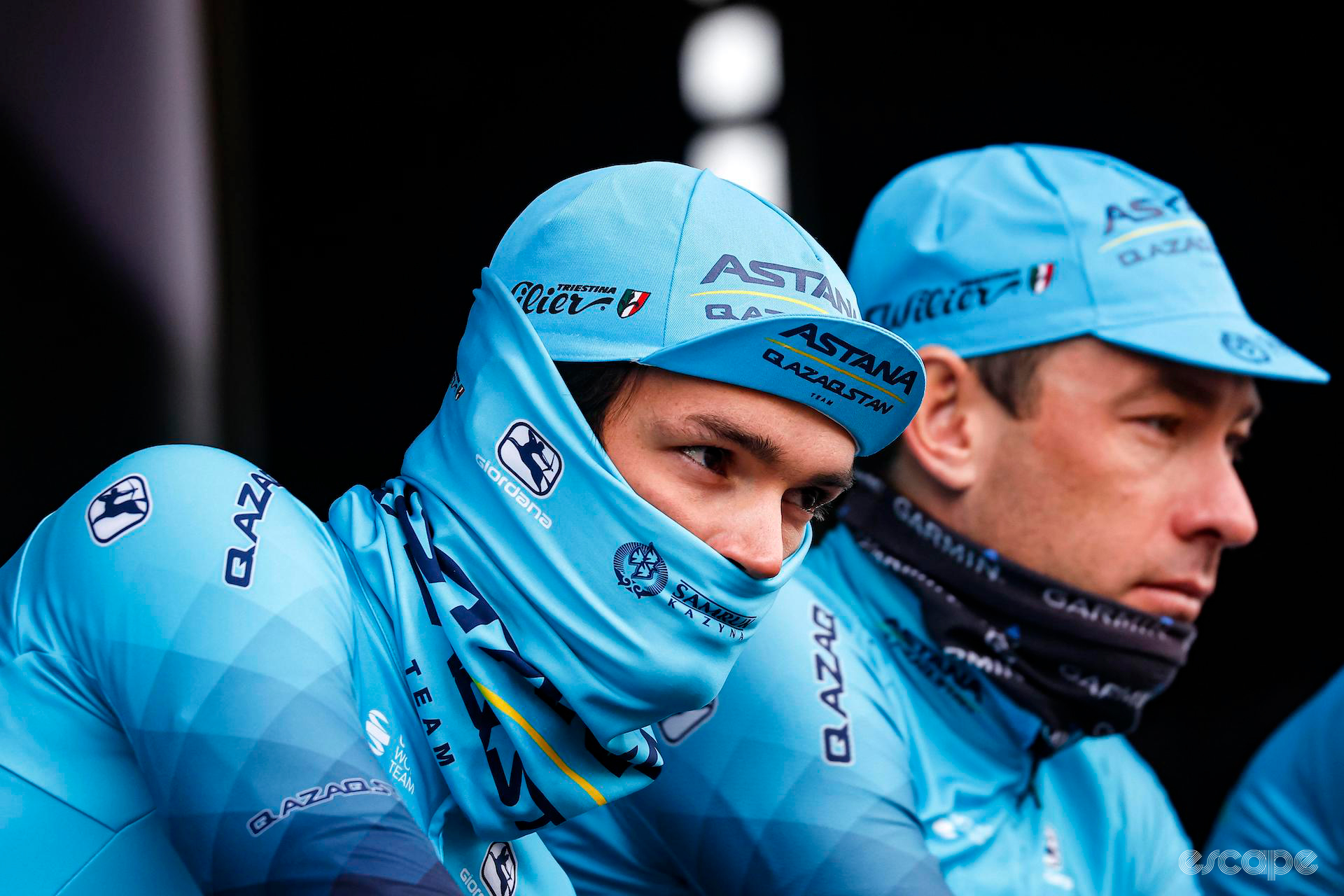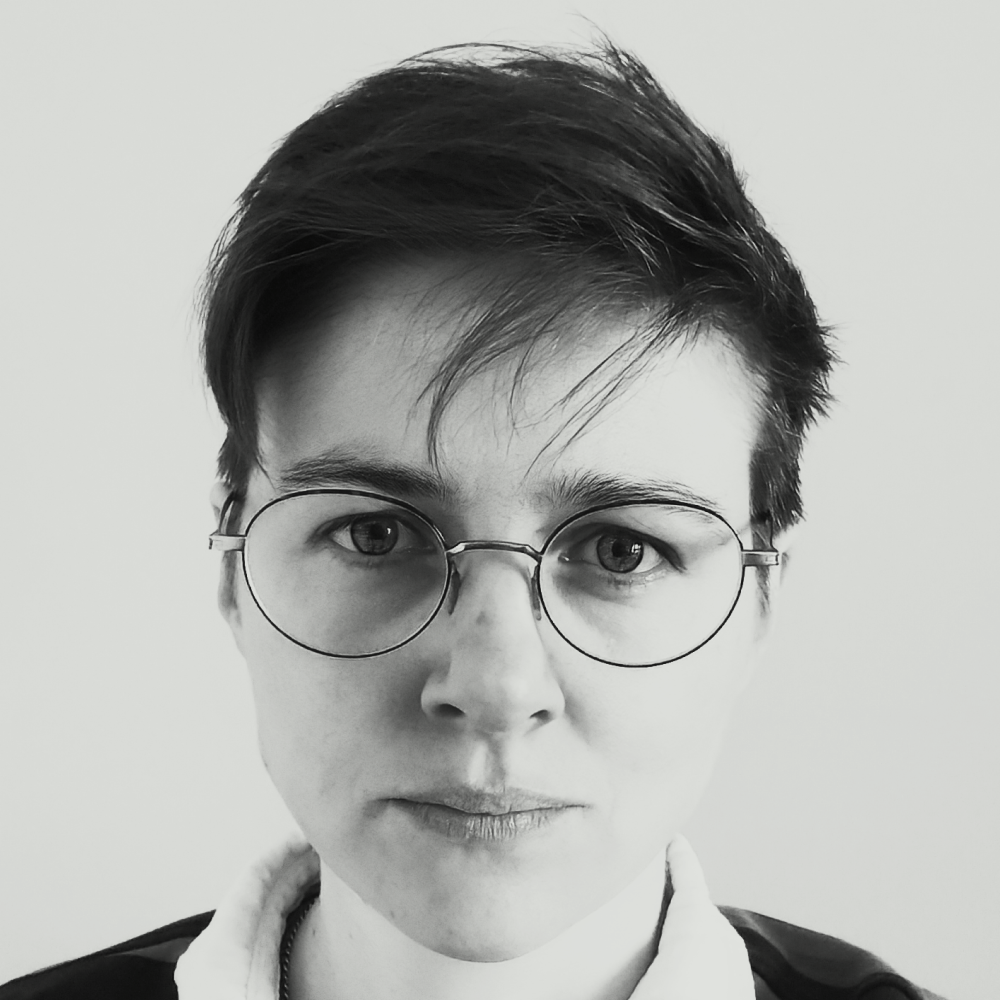Before Ion Izagirre’s race-winning move towards the end of Saturday’s Gran Premio Miguel Indurain, and after the breakaway was reabsorbed by the peloton, there was a flurry of attacks that culminated in a brief and ill-fated two-man quest into the jagged terrain of northern Spain, one of them Luis León Sanchez who was Astana Qazaqstan’s best hope of getting any sort of result, something the men in turquoise so desperately need.
Sanchez had latched onto an attack by fellow veteran Nelson Oliveira (Movistar) about 25km from the finish, shortly after his teammate Javier Romo’s devil-may-care acceleration that sadly did little more than remind us that the team was at the race.
In the moments after the pair went clear, the peloton was left gasping in the wake of all the uphill aggression and it took EF Education-EasyPost and UAE Team Emirates a little while to reorganise themselves into a coherent chase. Even so, the duo out front were never given a great deal of breathing room and they were consumed after little over 10km clear.
Izagirre (Cofidis) would ultimately get the better of fellow late-attacker Sergio Higuita (Bora-Hansgrohe) on the steep Alto Ibarra (0.7km, average 10.9%), coaxed up the >15% ramps by a corridor of hollering fans who reduced the channel to the width of a single rider, and the Spaniard stayed away on the descent into Estella for his second victory at this race.

Higuita just held on to second ahead of Mattias Skjelmose (Trek-Segafredo), while the best Astana finisher was Christian Scaroni in 10th.
It’s not for want of trying – Astana riders have tried and tried and tried again in breakaways and late attacks many a time so far this spring – but they continue to wallow dangerously low in the ranking of any criteria you care to conjure up. Besides maybe news stories.
The team started 2023 with the confirmation of the worst-kept secret in cycling: the eyebrow-raising signing of veteran sprinter Mark Cavendish. He and Cees Bol, who’d followed Cav after the collapse of the new B&B Hotels project, had a promising start to their new partnership at the UAE Tour, the ‘Manx Missile’ finishing third on stage 1 after his race craft and experience got the pair into a late 12-strong move in the crosswinds.
However, since his return to Europe, the 37-year-old Brit has made little impact, putting anonymous performances at Tirreno-Adriatico and the Italian one-days down to post-UAE illness, before two DNFs and one non-start in Belgium.
And it’s not just Cavendish who has struggled. Astana Qazaqstan is currently the worst ranked WorldTeam by a cavernous margin. Numbers-wise, they have so far collected less than a third of the UCI points than the next best, which itself has about 25% of the top teams. Then if you look at podium results, they’ve netted just five third-place finishes and one solitary victory thanks to Simone Velasco at the Volta Comunitat Valenciana.
Sure, it’s early days, and Alexandr Vinokourov’s squad has had a lot to contend with – including Oakley-gate and Miguel Ángel López taking legal action against the team for ‘unfair dismissal’ – but the racing situation has gone rapidly from troubling to near disastrous. And it’s a downward trend too; last year the team’s palmarès was a short list of five, and two of them Kazakh national titles. A far cry from their peak in the late 2010s.

Way back in January, DS Stefano Zanini, himself a prolific sprinter in the ‘90s, discussed the team’s renewed approach with their incoming fast man.
“It’s an honour that a great sprinter like Mark has decided to join Astana Qazaqstan,” Zanini told Cyclingnews. “He’s the best there is and probably the best sprinter in the history of the sport. We’ll do everything we can do to help him this season and set him up in every sprint we can contest.”
After the retirement of Vincenzo Nibali and López’s inauspicious departure, it was very clear that the Kazakh outfit was entering a new era in 2023, one that, like it or not, would rely largely on their new signing. And that would mean a shift in gears for everyone.
“Astana Qazaqstan was traditionally a Grand Tour and stage race team,” Zanini commented, words that have cast a long shadow. “Now we’ve got Mark in the team and so we’ll adapt and do whatever we can to back him.
“We’ll need some time to perfect a lead-out train but we’ve got Cees Bol … There’s also Martin Laas, under-23 world champion Yevgeniy Fedorov, Dmitriy Gruzdev, plus Manuele Boaro and Davide Martinelli for the final kilometres. People have questioned if we can set up Mark for the sprints but I think we can and even do it pretty well.”
It’s important to acknowledge that it can take a few races, a few months even, for new teammates to gel and especially in the crucible of bunch sprints where the lead-out relationship is crucial. But it’s not isolated to the sprint squad, even Astana’s ageing totems – Alexey Lutsenko and Luis León Sánchez, who returned this season after a one-year sabbatical at Bahrain Victorious – are shadows of their former selves. They’re a team that seems bereft of focus.
At least Cavendish is putting on a brave face, promising that his peak is still a way off.
“When you’re a professional bike rider, you need goals, and you need motivation,” Cavendish said at Tirreno-Adriatico. “Of course, I want to try and win every race, but the Tour was always where I peaked every year. I’m not going there to win one more [stage], I’m going there to try to win as much as I can.”
To be fair, there is proof to this particular promise, but even in Cav’s least prolific lead-ins to successful Tours de France, he’d scooped at least a few wins by this stage in the year. But hey, there’s still time…
What did you think of this story?

